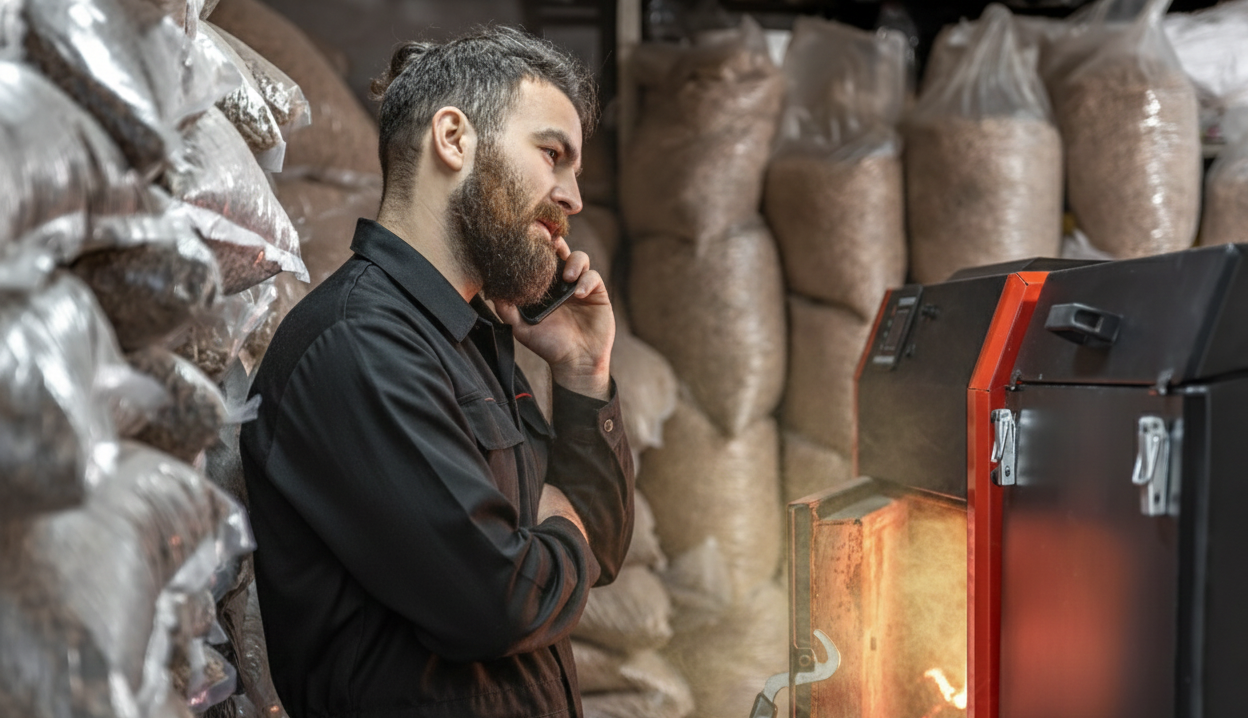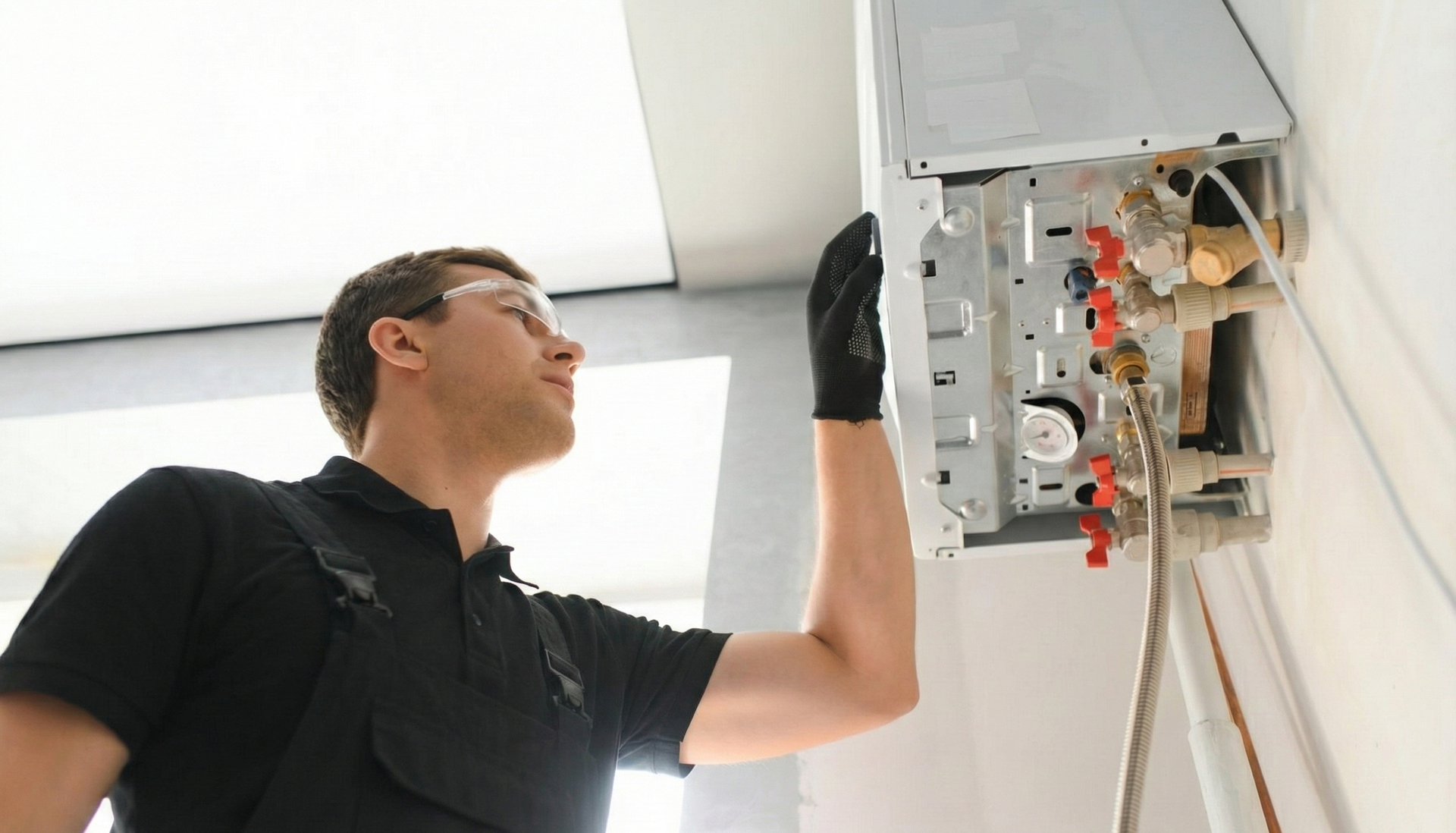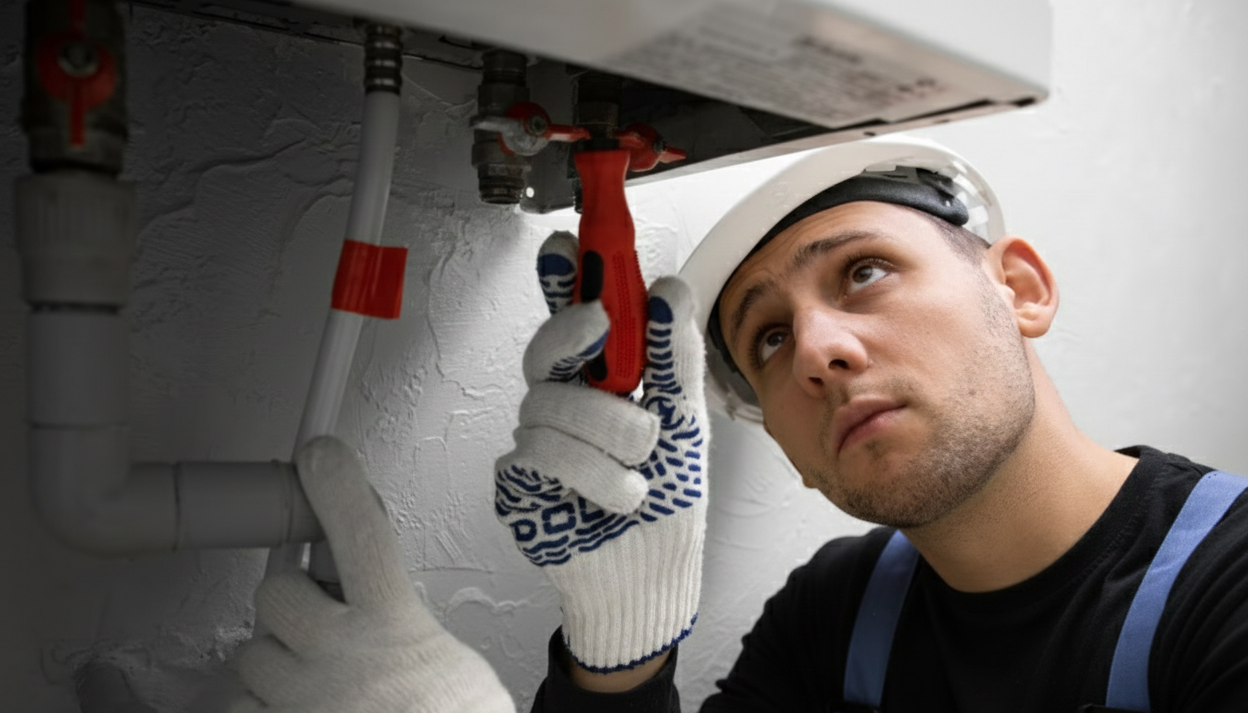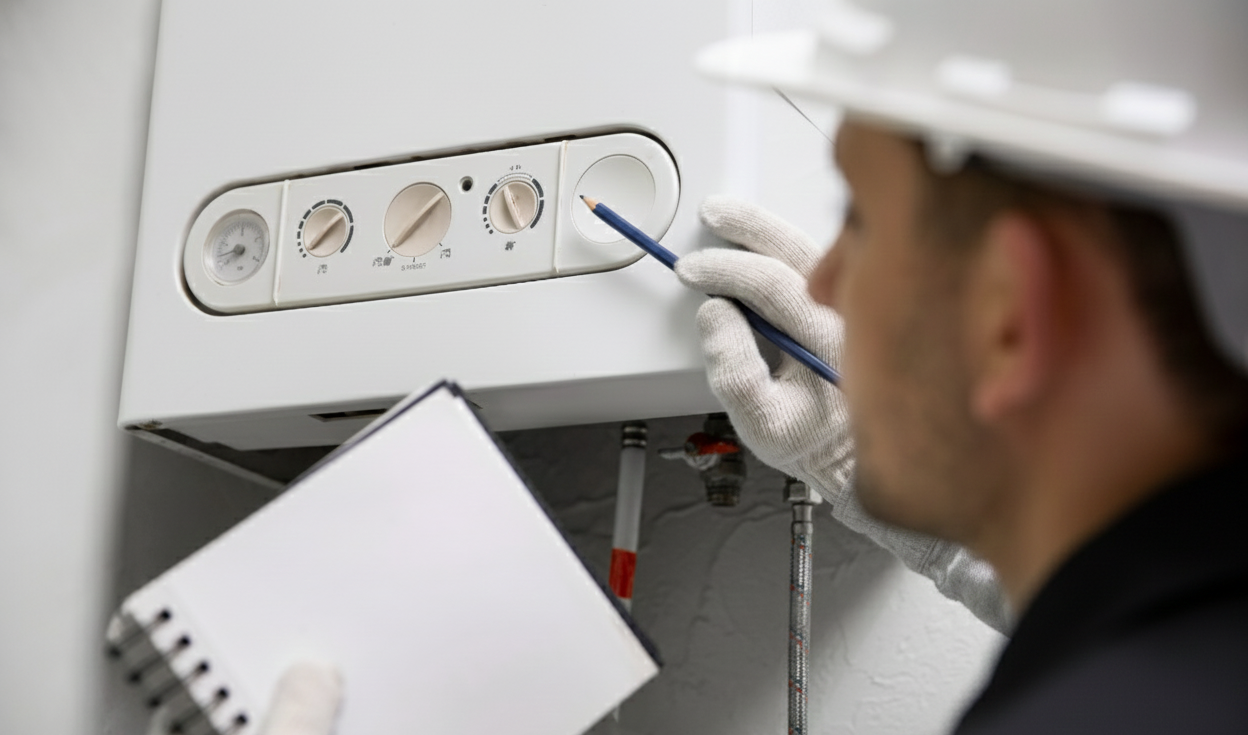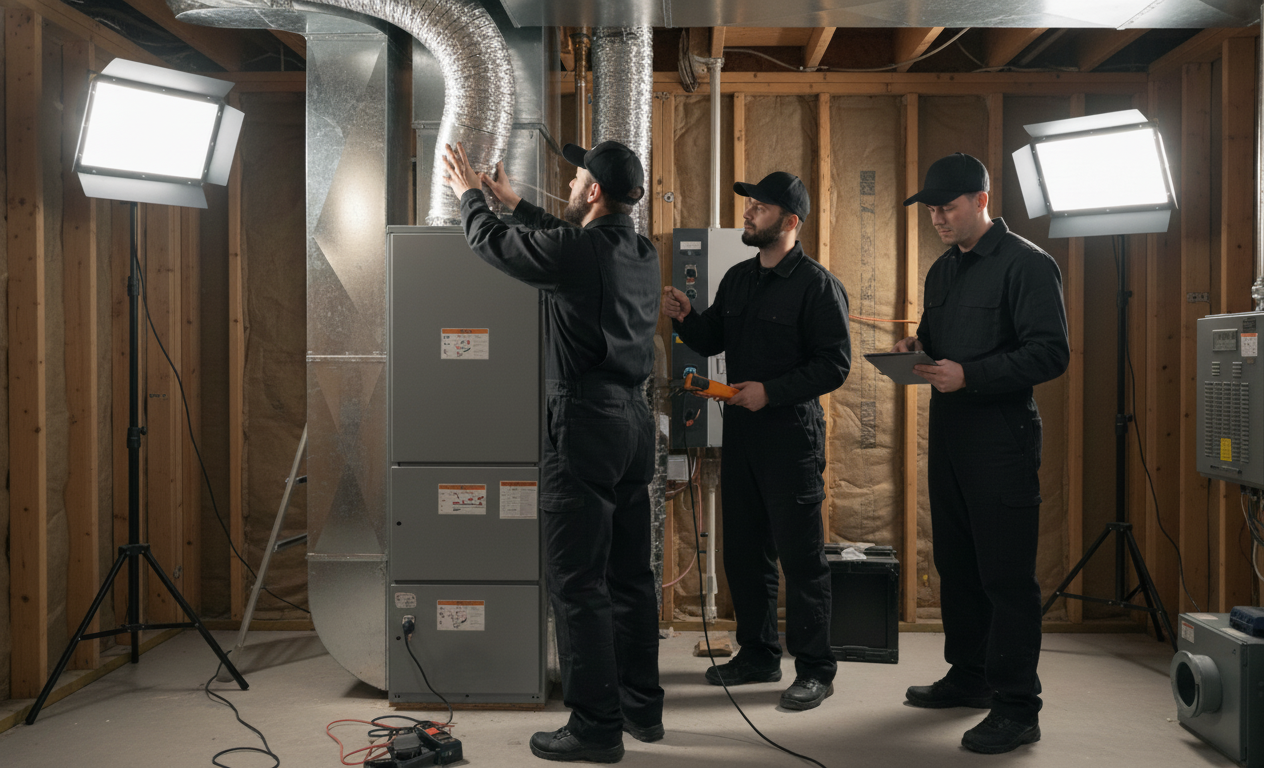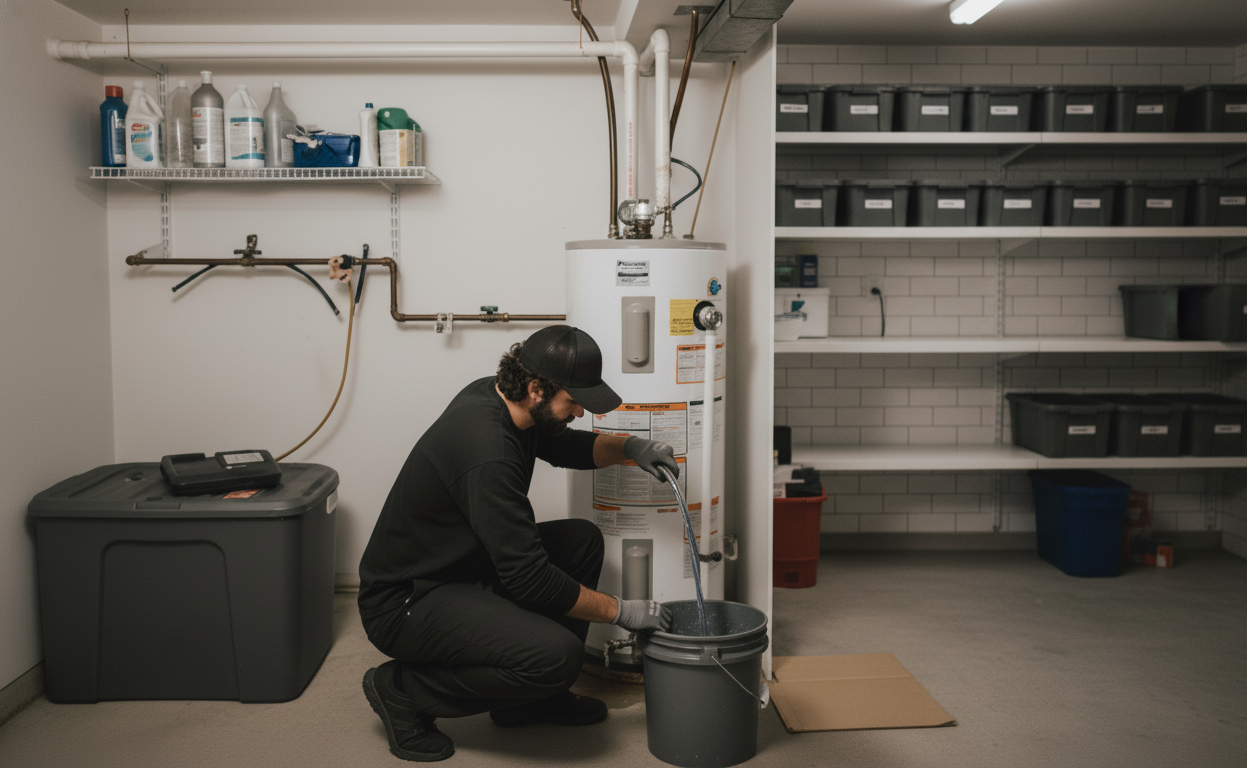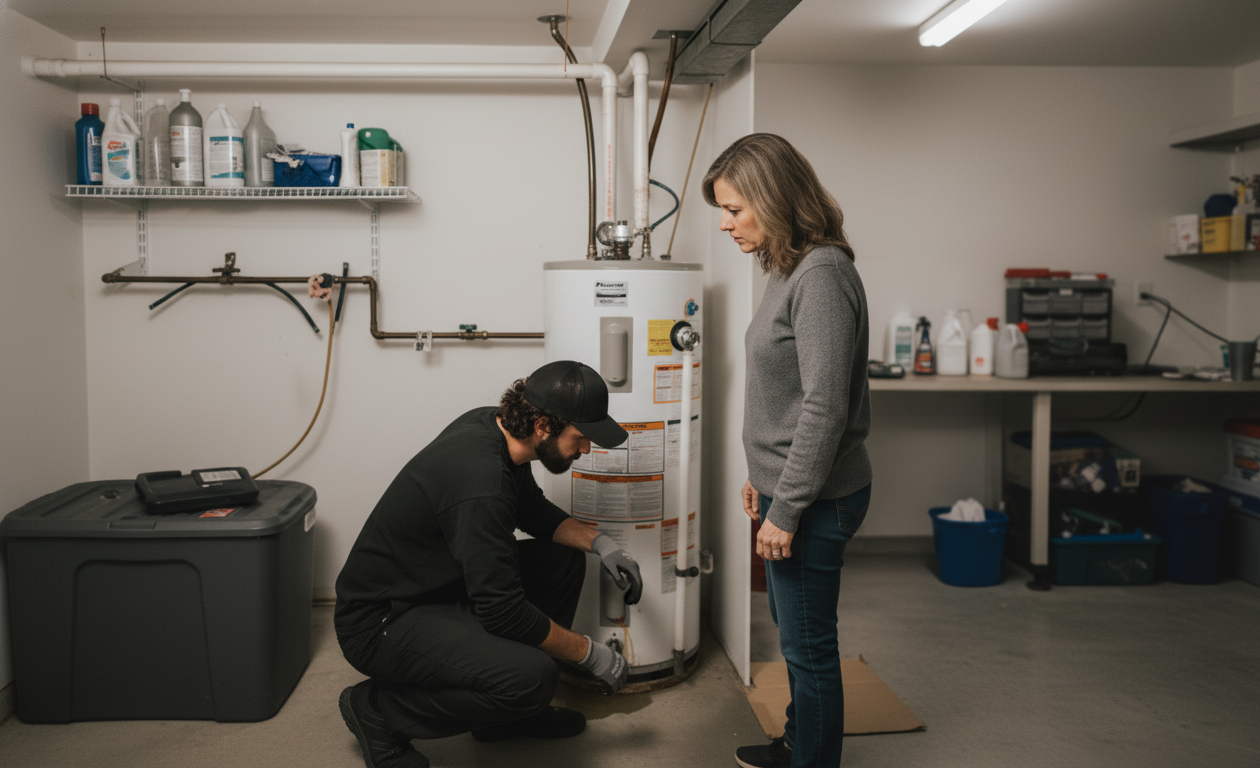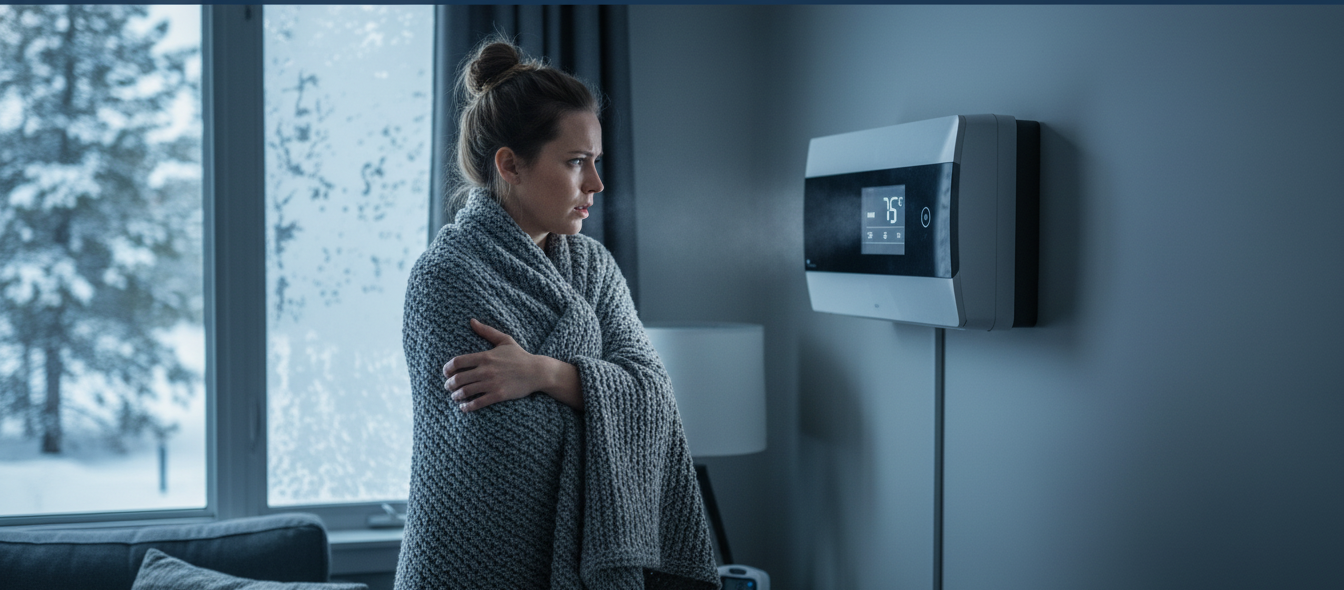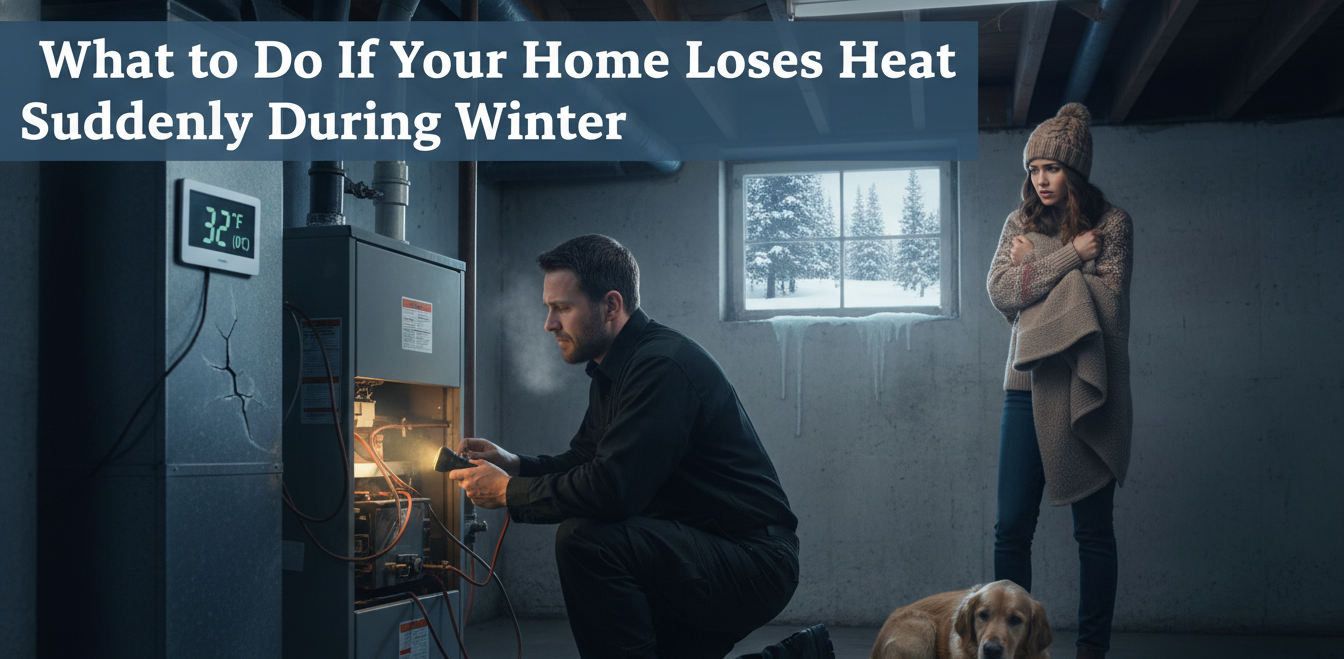Why Is My Furnace So Loud, and What Can I Do About It?
If you've been asking yourself, "Why is my furnace so loud" but are unsure of the next step, read more about practical tips on when to take action and when to call a professional maintenance contractor.
Furnace noises can be inconvenient or become a health and safety issue for any occupant of your home or business. Respond to furnace emergencies proactively before they jeopardize your air quality or cause you to lose central heating.
Premier Systems, the trusted provider of reliable furnace repair in Bozeman, MT, wants you to have a dependable and efficient furnace throughout winter. We reveal the diagnostic tricks that professional technicians use when inspecting furnace and HVAC systems and concrete steps you can take to prevent further damage and repair your furnace.
Furnace noises can result from damage to the:
- Ductwork
- Combustion chamber
- Motor
- Heat exchanger
For each of the following problems, pay attention to the features of the sound so you can help your technician answer the question, "Why is my furnace so loud?"
Ductwork Issues
Your HVAC or central heating system relies on metal ductwork to convey clean, warm air to different parts of your house. Ductwork can create various noises, particularly as it gets older or if the technician did not install it correctly when they put the furnace in.
Some minor ductwork rattles might not require repair unless the noise interferes with daily life.
Rattling Ductwork
One simple problem that many property owners experience is rattling in the ductwork. In older heating systems, repeated expansion and contraction over the years can cause parts of the ductwork to warp and not fit together properly. Older ducts can rattle as air passes through them.
Loose Metal
If a screw or other component of the HVAC becomes loose, it can rattle around within the ductwork.
Ductwork That Is Too Tight
If the technician installed your ductwork so it presses tightly against your basement ceiling, it might bend when somebody steps on the floorboards. If you have any problems with your ductwork, a professional technician can replace loose panels and remove obstructions, preventing them from rattling when you use your furnace.
Problems with the Combustion Chamber
Why is my furnace so loud? Incomplete or inconsistent combustion could be to blame.
The combustion chamber is the heart of the furnace. The fuel and air meet within the combustion chamber, and the burner ignites the mixture. Your furnace will work safely and efficiently if the fuel burns easily and completely.
If the conditions in the combustion chamber are not optimal, the combustion process can become more violent and explosive, producing loud sounds, dangerous levels of force, and potentially toxic byproducts.
Damage or wear in the combustion chamber is a more serious concern than most ductwork issues because the combustion chamber handles a volatile fuel and could potentially release toxic gases.
Delayed combustion can produce a loud noise. Ideally, if gas ignites as soon as it enters the chamber, it produces steady, efficient heat with minimal gas buildup. If your furnace doesn't ignite immediately, it can build up in the chamber. Once it finally ignites, it produces an explosion that can damage the furnace.
Dirty Burners
If the burners have soot, ash, or other forms of buildup on them, they might be initially unable to ignite the fuel in the combustion chamber. The fuel will build up before it eventually ignites in with a bang. The dirty burners also give the flame an orange or yellow cast rather than blue.
An Improper Fuel-Air Mixture
If the combustion chamber contains too little fuel or not enough air, it might not burn the fuel efficiently. Inefficient ignition could cause delayed combustion. Your furnace repair technician can measure your fuel-to-air ratio, check the valves, and restore a problem balance to your furnace.
A Dirty Pilot Light
The pilot light guides the combustion process, so any problems with your pilot light can lead to faulty combustion. As with dirty burners, a dirty pilot light can cause a bang or rumble. Look at the pilot light. If the light burns blue, it probably works well, whereas an orange flame can signify a problem.
Worn-Out Belts or Motor Components
Why is my furnace so loud? Squealing or squeaking sounds in the furnace room could indicate that the blower motor or the belt that drives the fan is about to give out. Your blower motor assembly could also produce noise if the ball bearings are bad or the blower wheel becomes unbalanced.
As with any motor, it could be a fire hazard if it malfunctions. Also, your home heating will fail if the blower motor fails suddenly.
A Faulty Heat Exchanger
The heat exchanger is a critical part of your furnace system that allows heat to spread from the hot flue gas produced by the furnace to the ductwork that connects to your heating vents. Without a heat exchanger, heat from the furnace would go out of the flue pipe without heating your home.
A cracked heat exchanger could allow harmful gases to flow from the heat exchanger to the rest of the house, reducing air quality, releasing odors, and potentially causing serious health problems and even death.
If you hear a rattle from your furnace that is not coming from the ductwork, call a professional as soon as possible and check that your smoke detector and carbon monoxide detector are working. If either of the detectors goes off, move your family, pets, and anyone else out of the building to a well-ventilated location and call an emergency furnace repair specialist.
Whistling Air Filters
Dirty air filters can partially obstruct airflow, leading to a whistling sound. If you do not replace air filters promptly, they could contaminate the air and force the furnace to work harder than normal. Extending the heating cycle increases the amount of time that your furnace is on and can lead to higher repair bills.
Reasons to Address Noises Promptly
Even though some of the causes of furnace noises have quick and simple solutions, don't put off repairing your furnace or treat it like a simple DIY project. Have a professional inspect your entire heating system and diagnose the problem before it gets worse.
- Wear and tear on one part of the furnace could indicate that other parts of the furnace are getting older as well.
- Emergency repairs can be more costly than routine repair calls.
- Making an appointment early makes it more likely that you can find a time slot that fits your schedule.
- Health problems, including carbon monoxide poisoning, can be insidious and life-threatening.
Even if your furnace noises turn out to be nothing serious, isn't it better to have a clear answer to the question, "Why is my furnace so loud?" You should have a professional inspect your furnace and heating system at least once a year and more frequently if you notice any unusual sounds, odors, or behavior.
For a Quiet, Cost-Effective Furnace, Call Premier Systems of Bozeman, MT
Furnace noises are just some of the problems you might have with your furnace. Once you have a clear answer to the question, "Why is my furnace so loud?" you can address other maintenance and repair issues, such as your furnace leaking water in winter.
Don't let maintenance issues with your furnace put you or your family at risk of an explosion or carbon monoxide leak. Keep your furnace working so you can enjoy safe, efficient heating. Call
406-380-3083 for professional furnace services in the Bozeman, MT, area from Premier Systems today.

